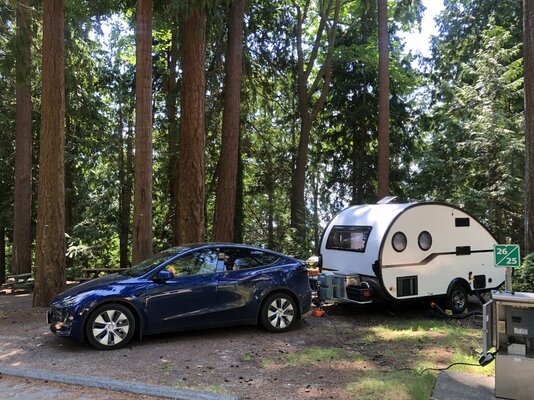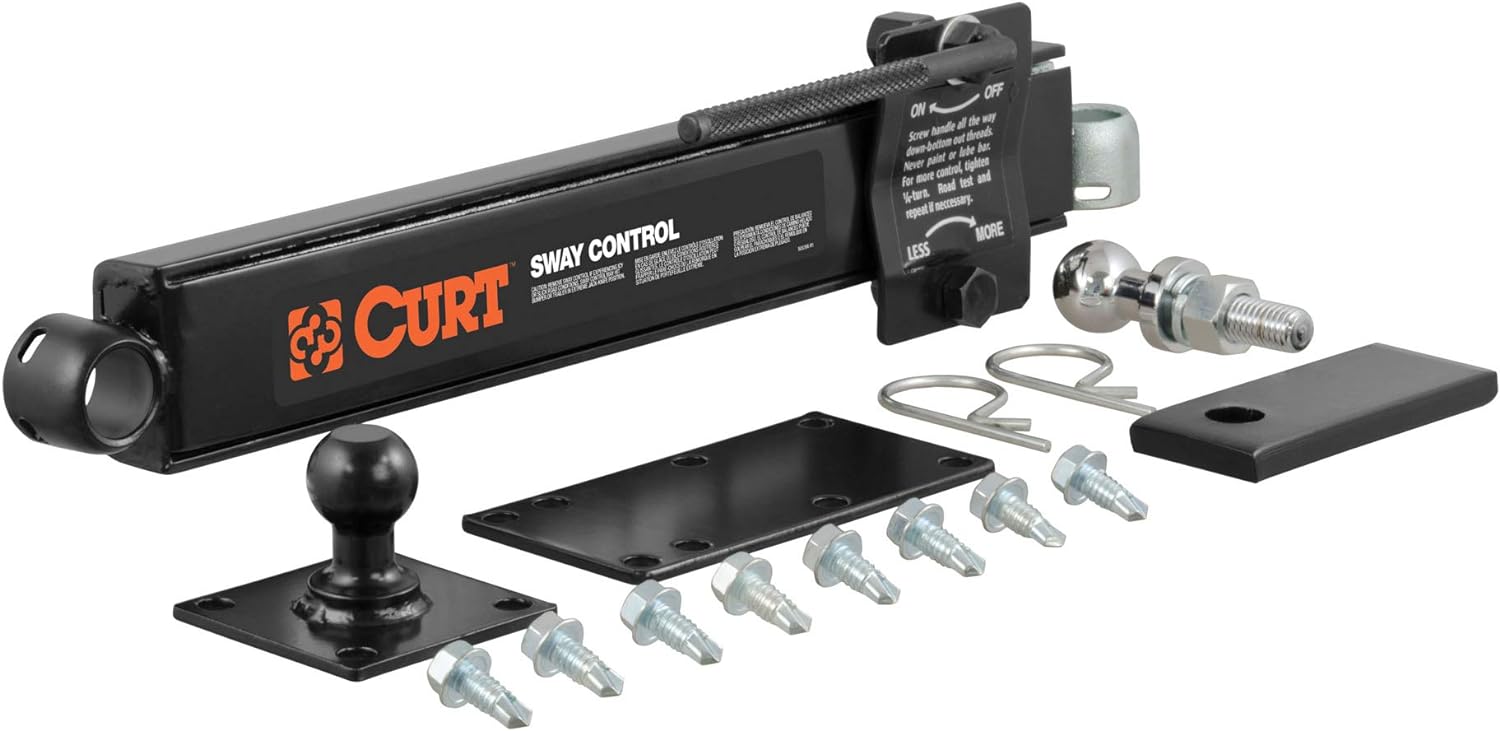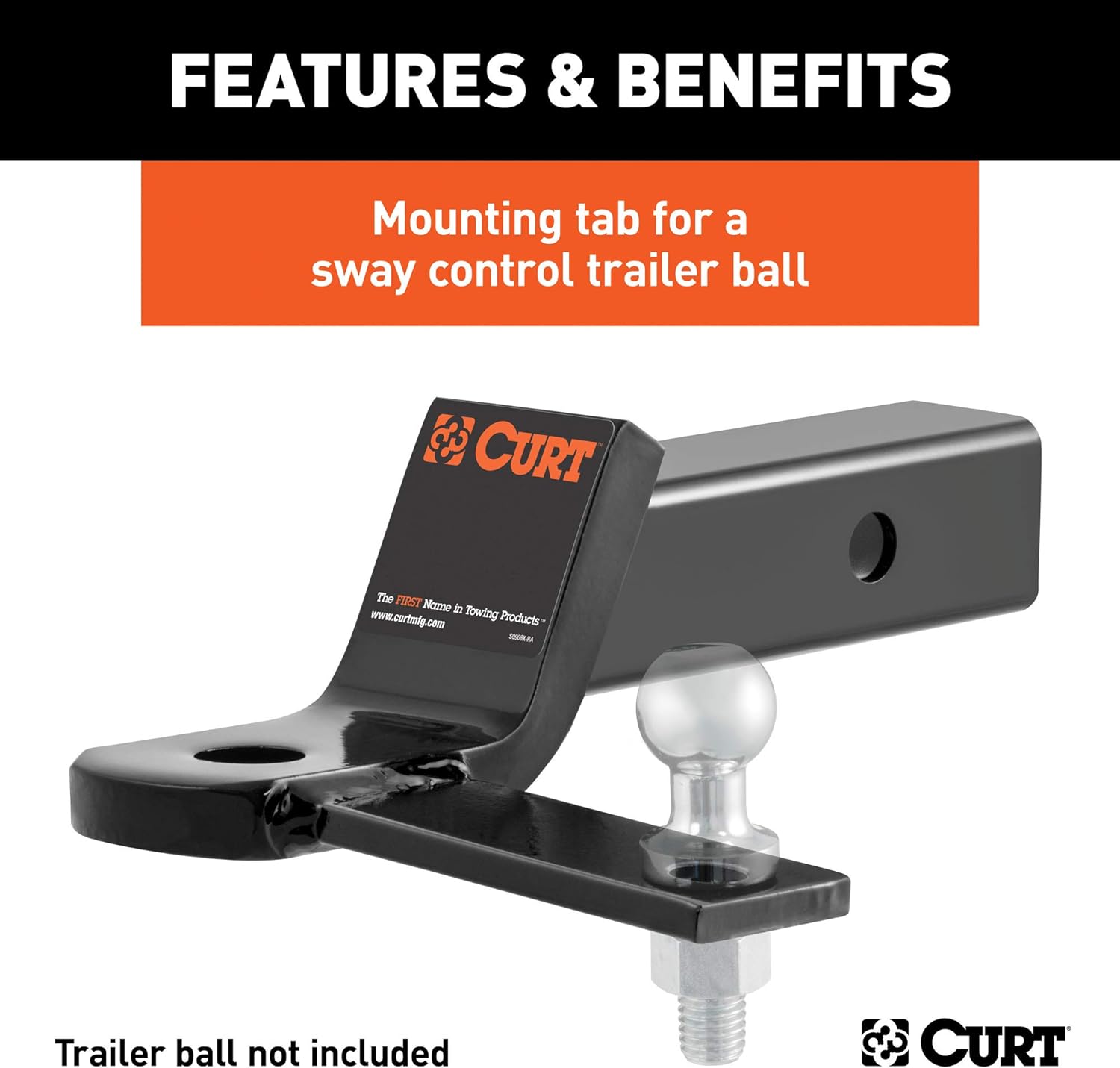NorCalNate
New member
Been toying with the idea of getting a sway/weight distribution hitch for my Salem 185RB trailer. Towing it with 2019 Ram 1500. All specs for both trailer and tow vehicle are below. From a practicality standpoint my current setup seems totally acceptable even if I towed the trailer with its 28 gallon water tank full (adding 320-ish pounds towards the front of trailer), so I have to find a quantifiable & justifiable reason to spend the $250 - $750 for the unit.
Reasons I'm still considering buying on is:
1) The trailer feels heavier than expected when towing and made my wife a bit nervous at times
2) When we take it out its for camping/fishing trips so we load up our truck bed with camping supplies which doesn't help overall weight distribution
3) I'm all for optimizing weight distribution in order to minimize unneeded ware on my vehicle and improving overall MPG while towing
Thoughts? Suggestions?
Note: If I end up going this direction, the cheap side of me has been looking at Harbor Freight Haul-Master and Amazon units ($250-$350 range), though due to the critical nature of the components, I'd be tempted to either purchase one of the cheaper but higher-capacity Harbor Freight models (giving me comfort that the hardware should have zero problems with the weight of our setup), or biting the financial bullet and getting something from a tried-and-true industry leader.
Trailer specs:
Dry weight = 2,881 lbs
Hitch Weight = 328 lbs
Truck specs:
GVWR (gross vehicle weight rating) = 7,000 lbs
Max Tongue Weight Capacity (approximate) = 1,000 lbs
Towing Capacity = 9,000 lbs
Reasons I'm still considering buying on is:
1) The trailer feels heavier than expected when towing and made my wife a bit nervous at times
2) When we take it out its for camping/fishing trips so we load up our truck bed with camping supplies which doesn't help overall weight distribution
3) I'm all for optimizing weight distribution in order to minimize unneeded ware on my vehicle and improving overall MPG while towing
Thoughts? Suggestions?
Note: If I end up going this direction, the cheap side of me has been looking at Harbor Freight Haul-Master and Amazon units ($250-$350 range), though due to the critical nature of the components, I'd be tempted to either purchase one of the cheaper but higher-capacity Harbor Freight models (giving me comfort that the hardware should have zero problems with the weight of our setup), or biting the financial bullet and getting something from a tried-and-true industry leader.
Trailer specs:
Dry weight = 2,881 lbs
Hitch Weight = 328 lbs
Truck specs:
GVWR (gross vehicle weight rating) = 7,000 lbs
Max Tongue Weight Capacity (approximate) = 1,000 lbs
Towing Capacity = 9,000 lbs





